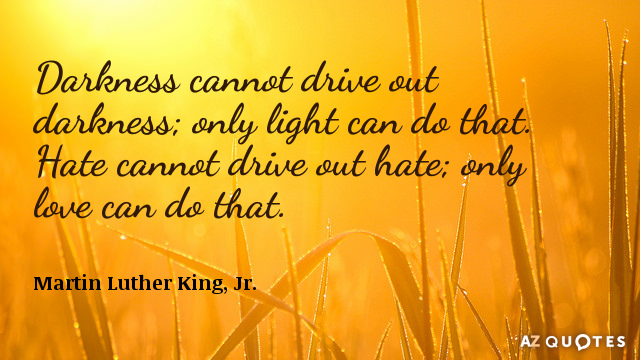Implementing Self-Care and Compassion to Navigate Grief and Fear in a Divisive Political Climate

In today’s increasingly polarized political climate, it’s natural for individuals to feel a sense of grief and fear as they navigate the uncertainty and hostility that often accompany heated societal divisions. These emotions are valid and reflect the challenges of maintaining hope and resilience in a world that feels fractured.
Grief may arise from a sense of loss—loss of trust in institutions, faith in societal progress, or connections with loved ones whose political views differ. Fear, on the other hand, often stems from a perceived threat to personal values, rights, or safety. Together, these emotions can create a heavy burden, impacting mental well-being, relationships, and daily life.
To manage these feelings, it’s essential to focus on personal empowerment and connection. Start by setting boundaries with media consumption. Continuous exposure to negative news cycles can amplify stress and feelings of helplessness. Instead, prioritize reliable sources and limit the time spent consuming political content.
Engaging in meaningful action can also help mitigate feelings of powerlessness. Volunteering, voting, and joining community initiatives align personal values with tangible contributions, fostering a sense of agency. Moreover, seeking support from trusted individuals—whether through friends, family, or professional counselors—can provide a safe space to process emotions without judgment.
Practicing mindfulness and self-care is equally critical. Techniques like deep breathing, meditation, or journaling can help ground you in the present moment, reducing anxiety and fostering clarity.
Finally, remember that fear and grief are not signs of weakness but indications of care and investment in the world around you. By focusing on self-awareness, connection, and intentional action, it’s possible to navigate these challenging times with resilience and hope.
As we prepare to honor Dr. King let us remember his words.
